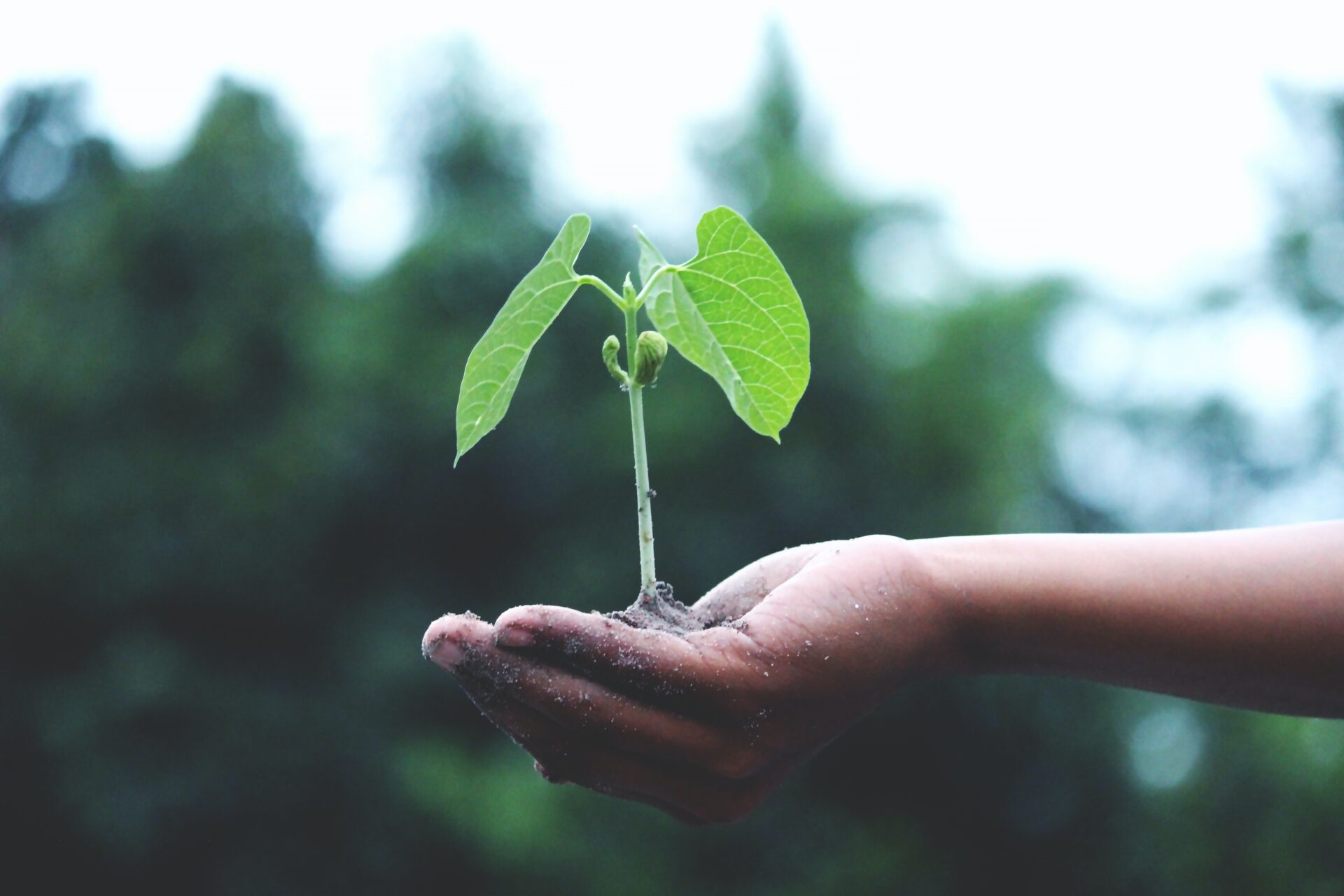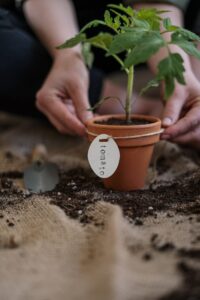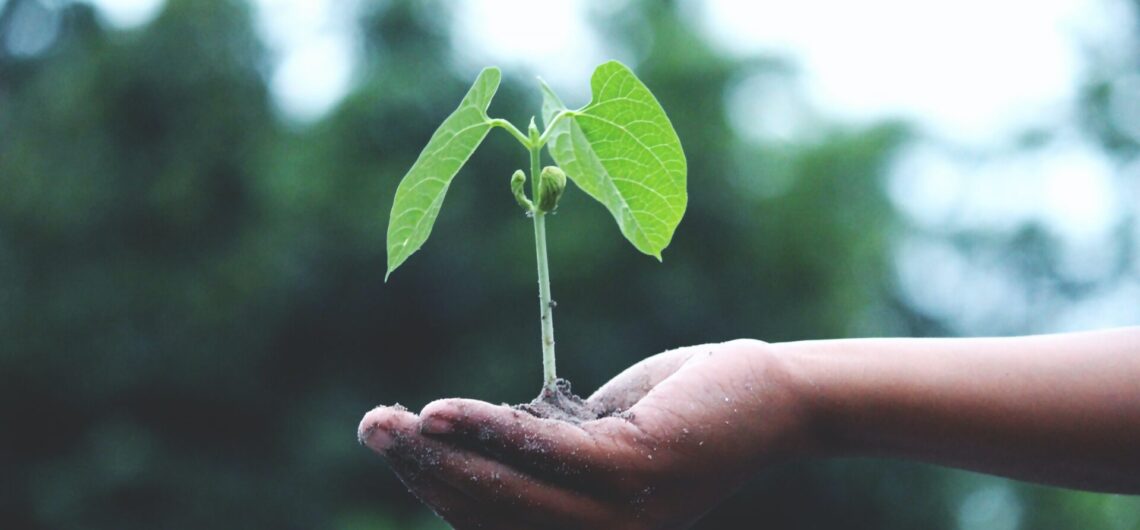Gardening can be a wonderful way to connect with nature and cultivate a sense of peace and mindfulness.

Here are ten tips for making the most of your gardening experience.
1. Begin with intention: Before you start gardening, take a few moments to set an intention for your time with the soil. This can be as simple as taking a deep breath and thinking about why you are choosing to garden. Perhaps you want to connect with nature, find peace, or grow your own food. By setting an intention, you are more likely to stay focused and present throughout the process.
2. Take your time: Gardening is not a race; take your time and enjoy the process. Slow down and take in the sights, sounds, and smells of the garden. Be present and engaged in each task, whether it’s planting seeds, weeding, or harvesting.

3. Connect with the Earth: Gardening is a great way to connect with the earth and all its living beings. Take time to notice the insects, birds, and other animals that visit your garden. Appreciate the natural beauty around you and find ways to give back to the Earth.
4. Practice Gratitude: As you work in the garden, take time to express gratitude for all the gifts it provides. Give thanks for the soil, the water, the sun, and all the plants that grow. By cultivating gratitude, you can bring a greater sense of joy and contentment to your gardening practice.
5. Embrace Imperfection: Gardening is a process that involves trial and error. Not every seed will sprout, and not every plant will thrive. Embrace imperfection and view failures as learning opportunities. Remember that even the most experienced gardeners make mistakes.
6. Listen to your Body: Gardening can be physically demanding, so be sure to listen to your body and take breaks as needed. Stretch before and after gardening, and stay hydrated by drinking plenty of water. Pay attention to any aches or pains and seek medical attention if necessary.

7. Use Eco-Friendly Practices: Gardening can be an eco-friendly activity if you choose the right practices. Use organic fertilizers and pest control methods to minimize harm to the environment. Compost food scraps and yard waste to create nutrient-rich soil. Consider planting native plants to support local ecosystems.
8. Share Your Bounty: Gardening can be a great way to connect with your community. Share your bounty with friends, family, and neighbors. Consider donating excess produce to local food banks or community gardens.
9. Learn From Others: Gardening is a rich and diverse field with many different techniques and philosophies. Take time to learn from other gardeners by attending workshops, reading books and blogs, and joining gardening clubs.
10. Find Joy in the Process: Finally, remember to find joy in the gardening process itself. Don’t focus solely on the end result (a beautiful garden or bountiful harvest), but also on the experience of connecting with nature and cultivating mindfulness. Enjoy the simple pleasures of digging in the dirt, feeling the sun on your skin, and watching your plants grow.


